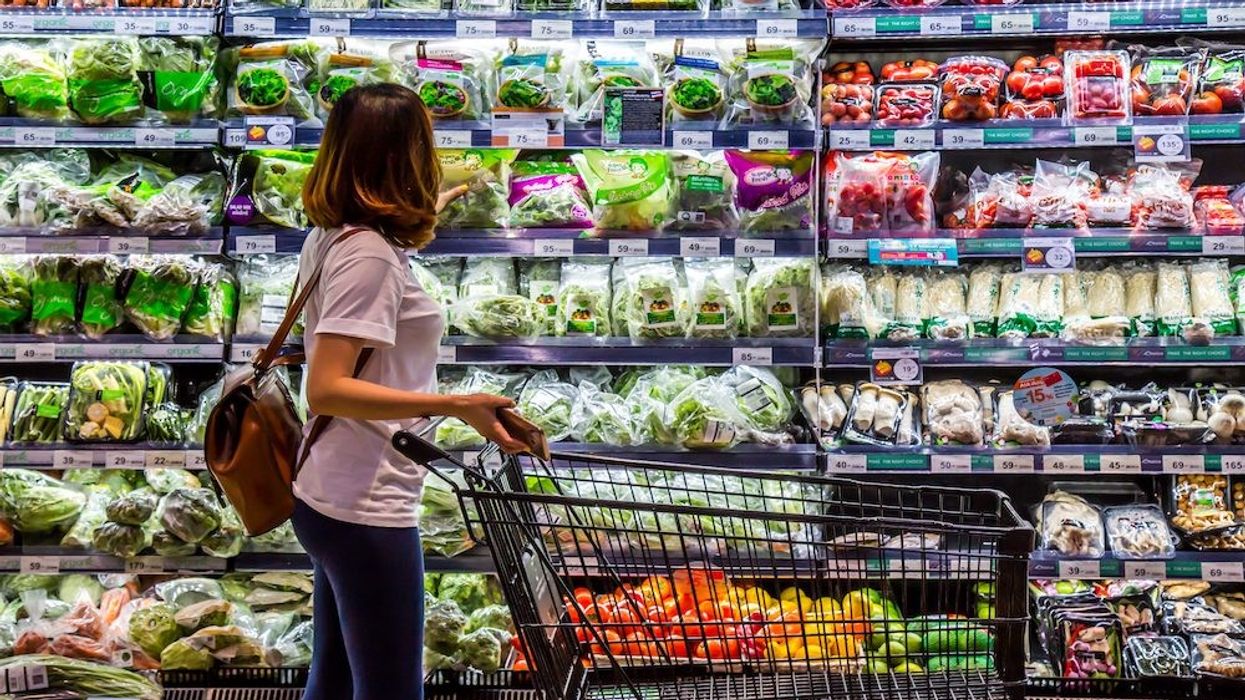The latest inflation data may show the pace of price growth is cooling, but consumers are still feeling the pinch in their wallets.
In fact, according to poll data released by non-profit Angus Reid Institute, four in five Canadians report cutting their spending as the cost of living has soared. This includes reducing their discretionary spending expenses, delaying a major purchase, deferring their saving, donating less to charity, and driving less. This poll result represents an increase from the 74% who indicated as such in February.
According to Statistics Canada, prices rose year over year by 7.6% in July; that’s the lowest reading since this winter, and a considerable decrease from the 40-year high of 8.1% recorded in June. However, Angus Reid points out, it’s still well over the 2% range dictated by the Bank of Canada (BoC), meaning the central bank will need to hike interest rates further to cool inflation growth.
It’s widely expected that the BoC will implement another three rate increases this year, bringing their policy interest rate up to the 2.75 - 3% range. That’s a considerable jump from the 0.25% it sat at as recently as January, and has substantially increased borrowing costs for Canadians, while they grapple with the effects of high inflation. As a result, 56% of Canadians report not being able to keep up with the cost of living.
READ: 1.3M Canadians Have Fallen Behind on Housing Payments Due to Inflation
Canadians are also less financially agile when it comes to unexpected spending, finds Angus Reid; more than half (53%) said they wouldn’t be able to manage a sudden expense of more than $1,000. For many, not even a surprise monetary windfall could lighten the load; two in five (38%) said a bonus in income of $5,000 would go towards debt, while one in 10 would immediately apply it to daily expenses.
According to the poll results, respondents in Saskatchewan (58%) and Atlantic Canada (50%) are the most likely to be feeling their debt loads and are much more likely than those in other parts of Canada to use a surprise $5,000-influx on paying down debt. As well, people in those provinces, along with Albertans, are most likely to report cutting back on their spending in recent months.
Inflation is particularly being felt on the grocery bill, and has started to foster distrust between consumers and food retailers: four in five (78%) of respondents feel grocery stores are taking advantage of inflation to make increased profits, with fewer than one in 10 (7%) believing such increased margins are due to good management by grocery chains.





















